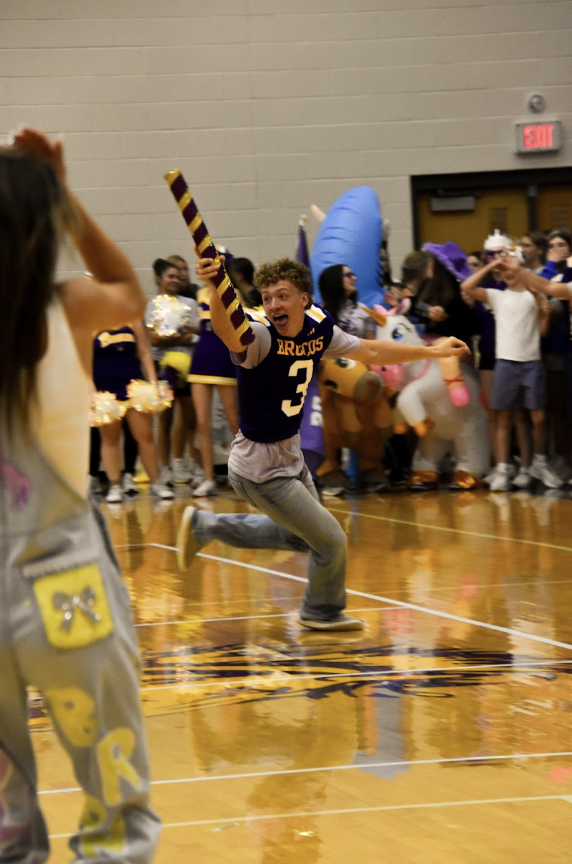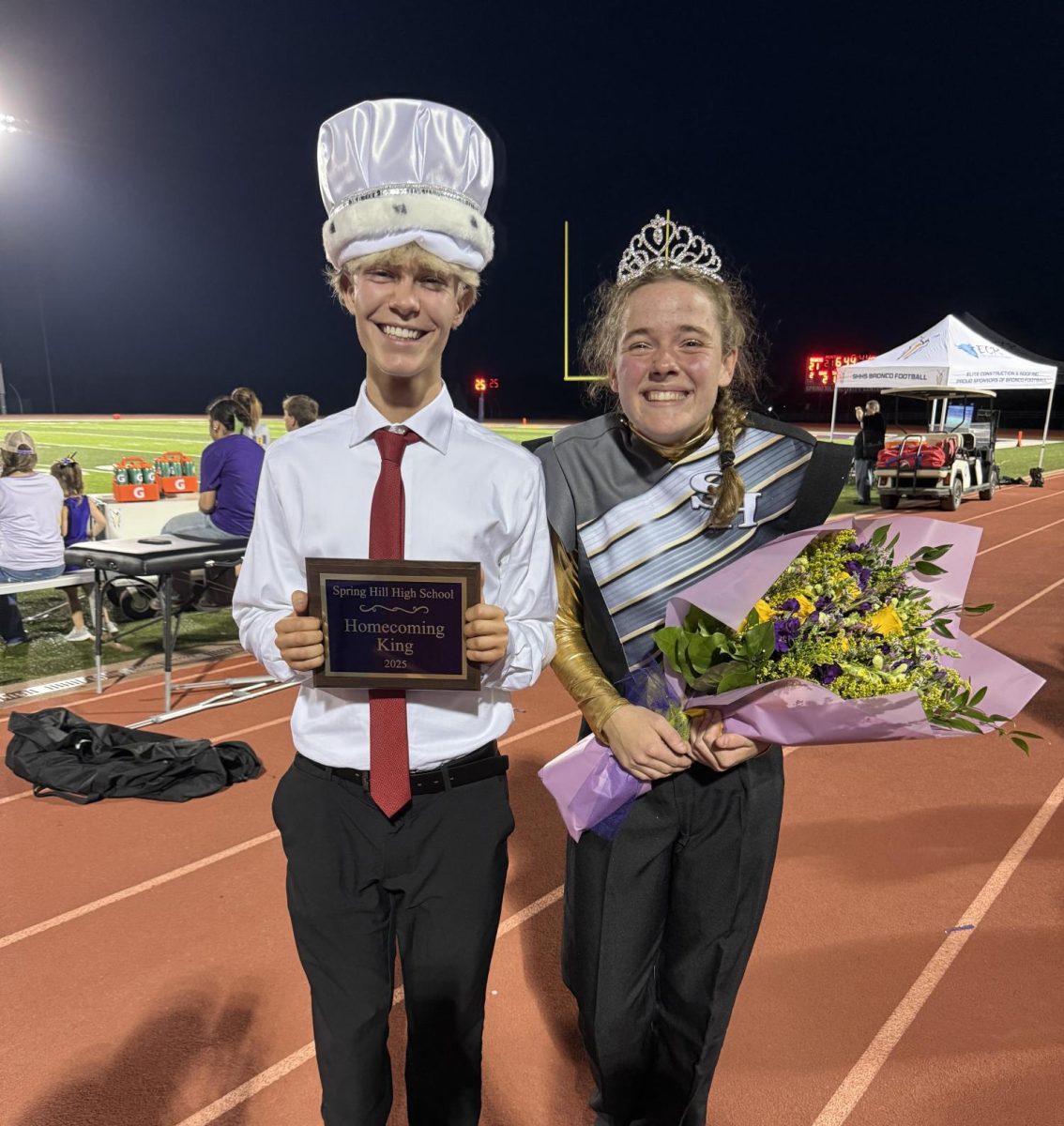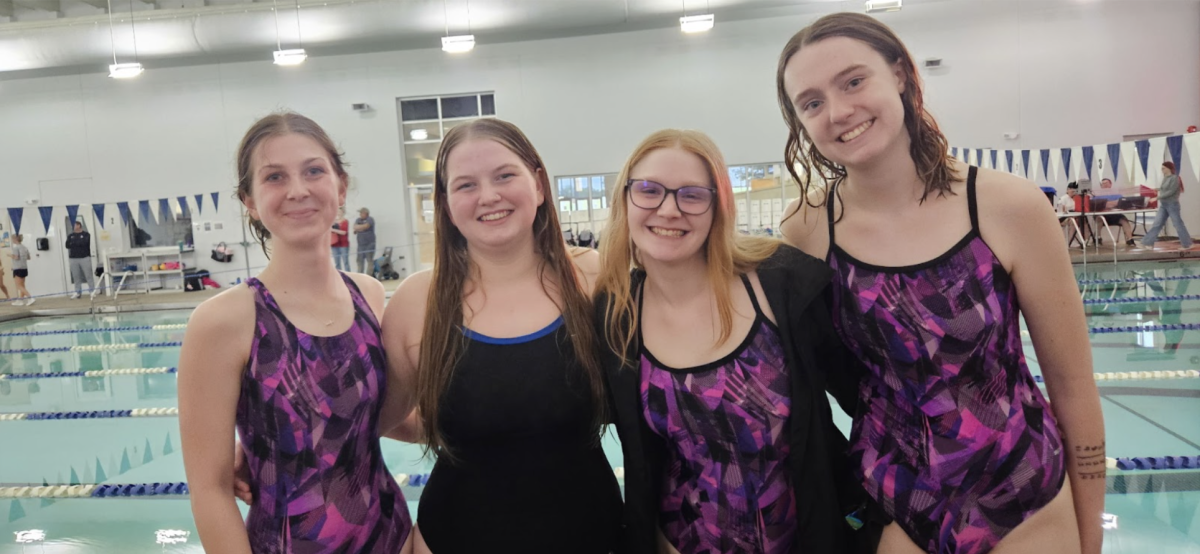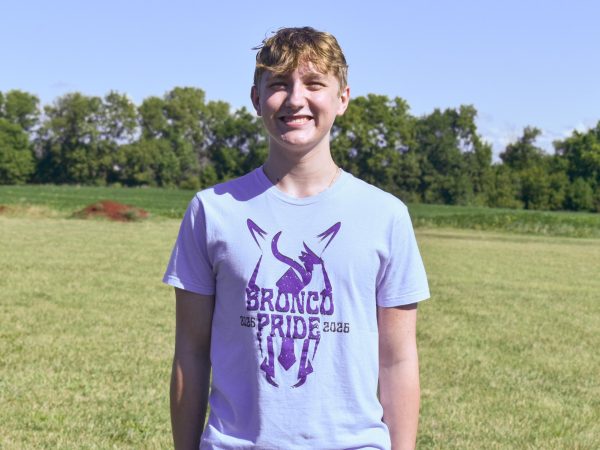One of the primary aspects of high school is to assist students with finding a plan as they transition into adult life. However, this decision rests heavily on students’ shoulders, and finding out something to do as an adult can come more or less easily depending on the person.
“I’m going to major in food science at K-State. I really liked cooking and one of my mentors told me the best way to get in the culinary industry was through a food science major,” Kevin Sanford, 12, said.
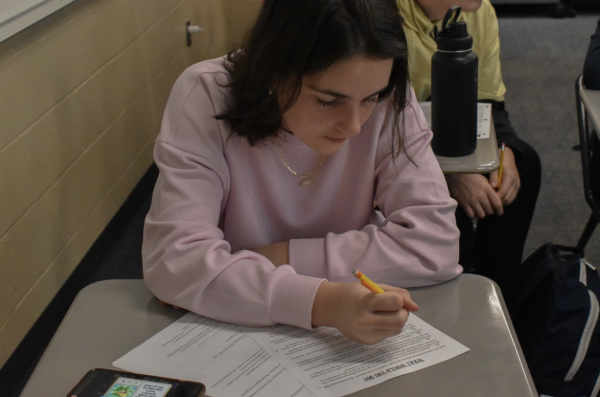
Often for students, the classes they take and the hobbies they are interested in can lead into a future career.
“Right now, I’m looking to go to college. I’m not sure exactly where I’m going to be, because I still have some outstanding applications which should be back by mid March, but I’m planning to go into computer engineering. Right now, I’m pretty interested in robotics and automated systems, but that might change just because there’s a lot of opportunities within the scope of computer engineering,” Ryland O’Hanlon, 12, said.
Having many options can help with making a decision, but it can also make deciding over one even more difficult.
“I’ve always been interested in going into aerospace instead. That’s what my dad actually ended up going into first at KU. However, especially going into my junior year and going through programming courses as well as robotics last year, I’ve realized that that’s something that I want to focus on,” O’Hanlon said.
However, decisions over futures and which college to attend can lead to more confusion over a student’s future. This is where an advising voice can come in.
“I knew I wanted to play soccer in college, but I didn’t know what I wanted to learn or what I wanted to major in, so [through] talking to my parents [and] talking to teachers, it really seemed [it was] what I like to do and what I’m passionate about. It was something that really stressed me out,” Denis Martinez, 12, said.
Second thoughts and doubt can come into play, especially for high school seniors.
“Yeah, I thought about my future a lot. [I was] thinking what it would look like going into business and after college and all that, but I think I’m going to like it,” James Allen, 12, said.
It’s important to keep in mind that college isn’t the only option for adulthood. Devan Dorley, 12, has enlisted in the military, more specifically in the army. He says that he knew he struggled with some subjects, so he didn’t want to struggle more in college.
Finances can play a role in postsecondary routes in various ways.
“Financially, it didn’t really play a full role in my decision. We have it mostly figured out and I was going to work through college to make sure it worked out,” Sanford said.
Not only does it play a role in a student’s decision, it also plays a role in terms of collegiate athletes.
“I had three offers from three different colleges. The college I chose gave me a better offer, meaning I had to pay less money to go to college. It was something that I really prided myself on, not going into too much debt in college,” Martinez said.
There are so many factors in deciding post secondary plans, and it’s important to keep in mind that it is not something that every student has to do by themselves.
“I’ve been pretty open with them about the whole thing. Whenever I made that decision between going from aerospace type focus to computer engineering, they were supportive,” O’Hanlon said.


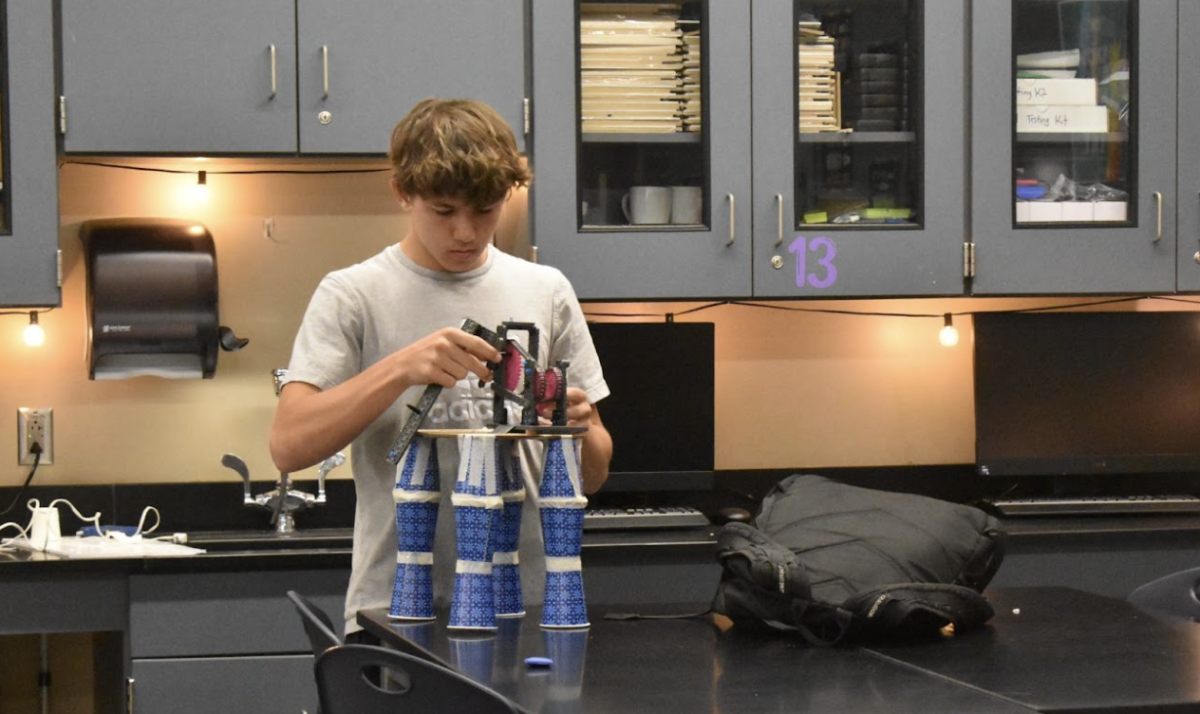
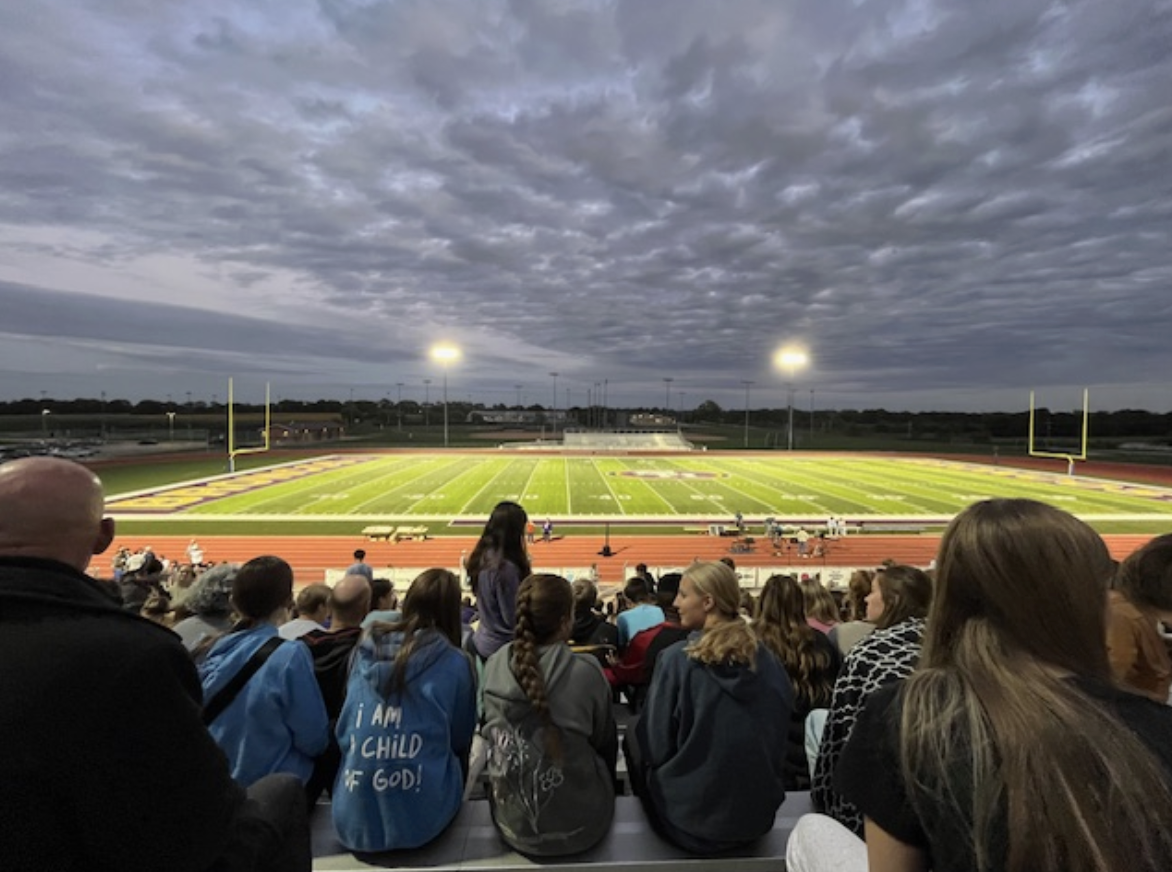
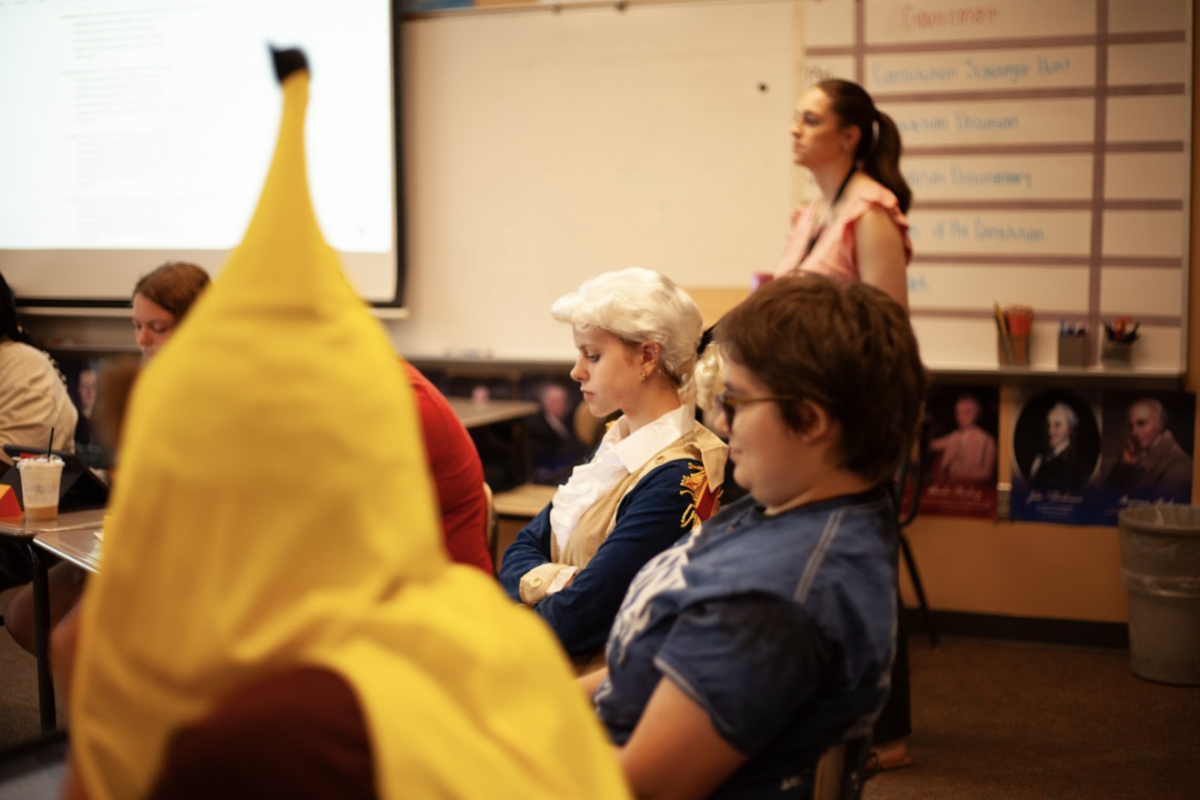
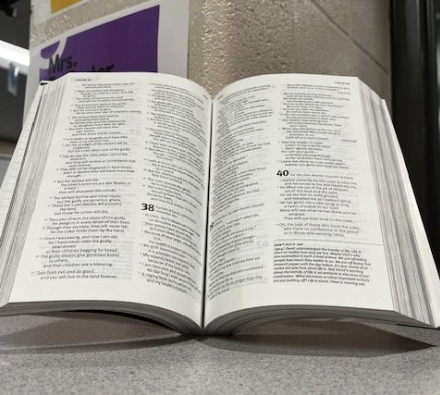

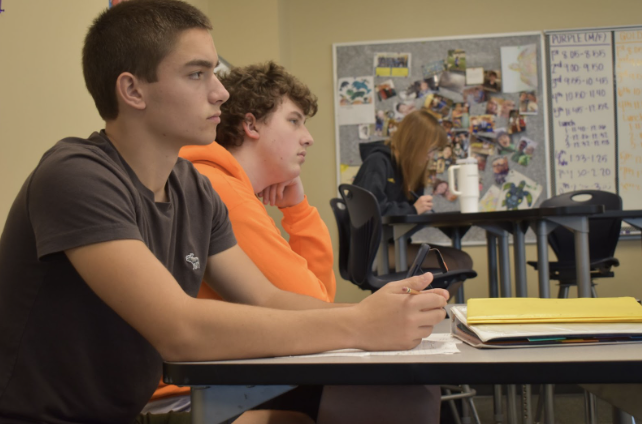
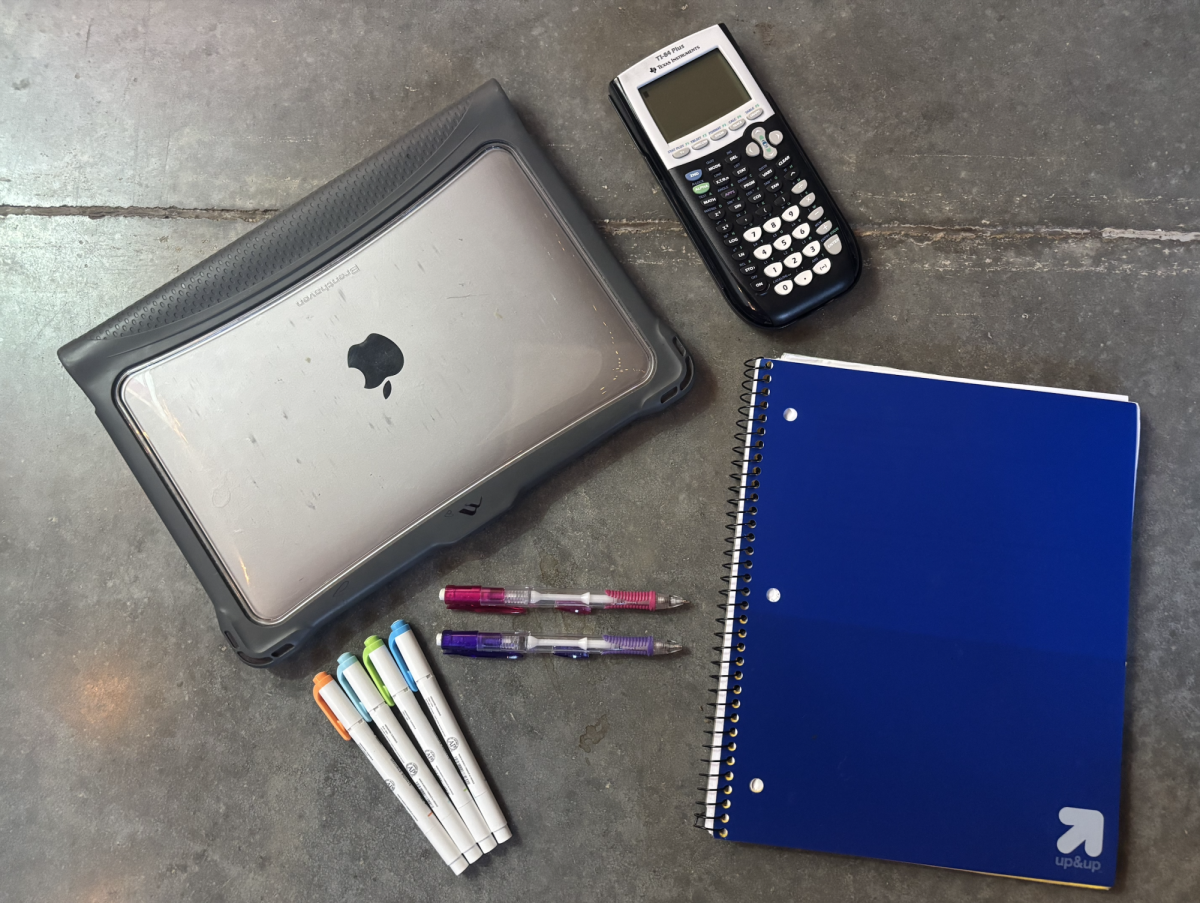
![Peering through their microscopes, [Brock] Laplante’s freshman Biology class has a hard time pretending they’re not interested. From sharp angles to swirling cells, there’s no predicting what could be seen.](https://stampedenews.net/wp-content/uploads/2025/10/Screenshot-2025-10-03-at-10.56.07-AM.png)
